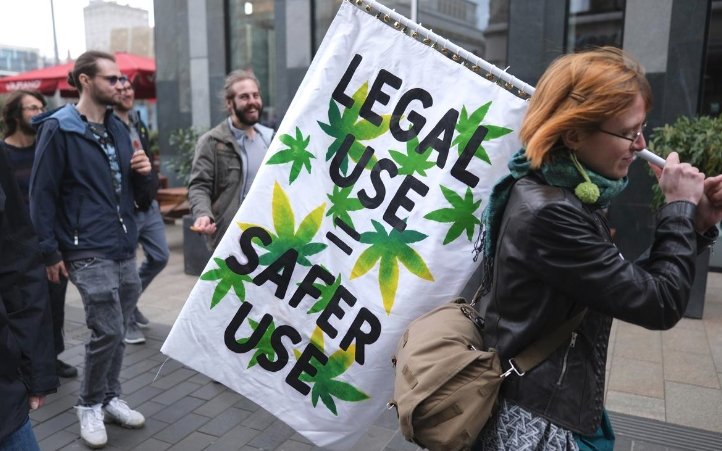In a landmark move, Germany has charted a new course in drug policy by partially legalizing cannabis. This controversial decision has sparked a myriad of reactions, ranging from jubilant advocacy to stern opposition.
The Path to Legalization
Germany’s journey towards cannabis legalization has been fraught with debate and resistance. The law, which allows adults over 18 to possess up to 25 grams for personal use and cultivate up to three plants at home, aims to curb the black market and reduce criminal activity associated with the drug. However, the implementation of this law is not without its complexities. The government has imposed stringent regulations on the acquisition of cannabis, limiting the establishment of commercial outlets and opting instead for non-commercial “cannabis social clubs.”

The Social and Economic Implications
The partial legalization of cannabis in Germany is expected to have significant social and economic impacts. Proponents argue that it will alleviate the burden on the judicial system, reduce the stigma associated with cannabis use, and potentially generate substantial tax revenue. Critics, however, warn of the potential public health risks and the challenges of regulating the market effectively.
The Global Context
Germany’s decision to legalize cannabis places it at the forefront of a growing international trend towards drug reform. This move could influence other nations’ policies and contribute to a global shift in the perception and legal status of cannabis.



